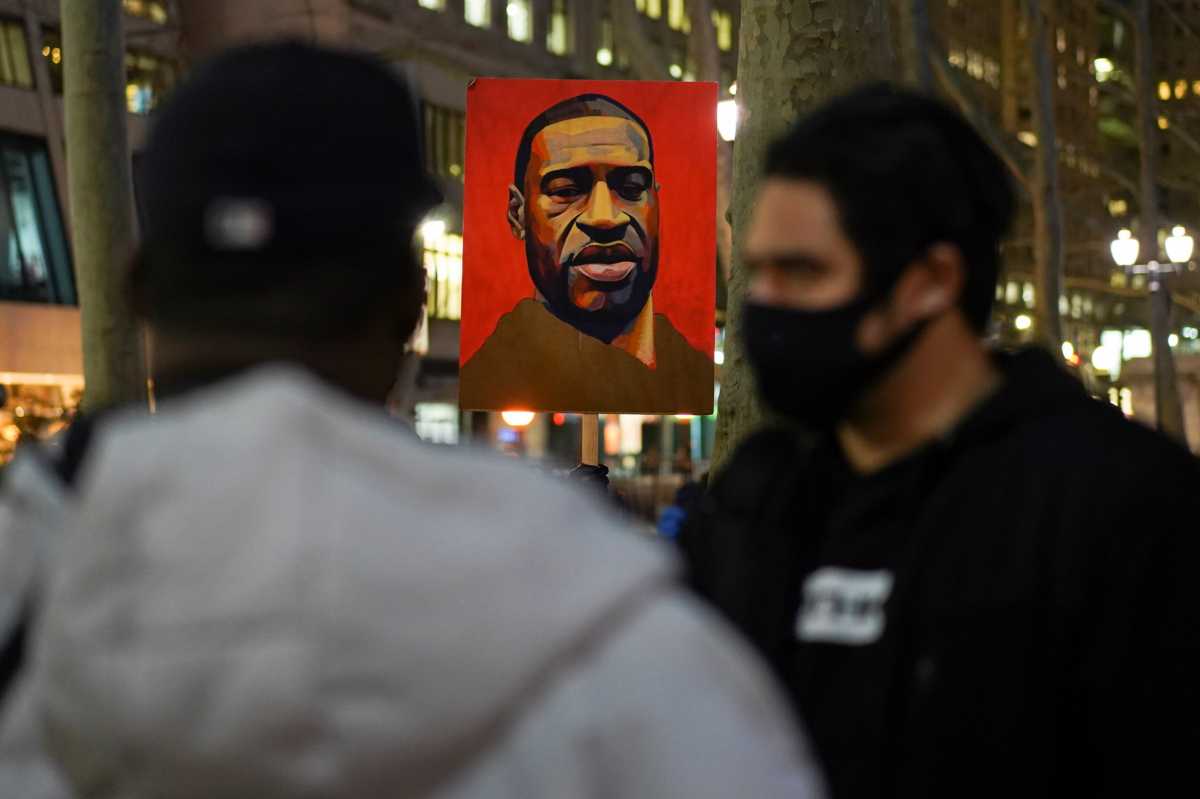By Jonathan Allen and Gabriella Borter
A Minnesota judge agreed on Thursday to allow prosecutors to reinstate an additional charge of third-degree murder against Derek Chauvin, the former Minneapolis police officer who is on trial for last year’s deadly arrest of George Floyd.
Judge Peter Cahill’s decision comes after the Minnesota Court of Appeals ruled on Friday that he must reconsider a third-degree murder charge against 44-year-old Chauvin, whose trial got underway with jury selection this week in Minneapolis.
“I have to follow the rule that the court of appeals has put in place,” Cahill said.
The decision was welcomed by prosecutors in the Minnesota attorney general’s office who are seeking something rare in the United States — the conviction of a white police officer for killing a Black man.
The trial of Chauvin began with jury selection this week, where he already faces a more serious charge of second-degree murder, which carries a sentence of up to 40 years in prison, as well as a charge of second-degree manslaughter.
The reinstatement of a third-degree murder charge was a victory for state prosecutors, who had sought the additional lesser murder charge in part to afford them an extra path to a conviction should the jury find the evidence does not support the most serious charge. The third-degree murder charge carries a sentence of up to 25 years in prison.
Chauvin was seen in videos with his knee on Floyd’s neck for nearly nine minutes on May 25 as Floyd, a 46-year-old Black man, pleaded for his life and called out for his dead mother.
Prosecutors say Chauvin, who was fired alongside three other police officers involved the next day, used excessive force.
Chauvin has argued through his lawyers that he followed his training and that the fentanyl the medical examiner found in Floyd’s blood was the main cause of death. The medical examiner ruled Floyd’s death a homicide caused in part by the police restraint holds.
Police were arresting him on suspicion of using a counterfeit $20 bill at the store.
Floyd’s death outraged people around the world and helped fuel one of the largest protest movements ever seen in the United States, with daily demonstrations against racism and police brutality.
Lawyers for Chauvin had successfully argued last year that Cahill should dismiss third-degree murder on the basis that the statute requires the “death-causing act” not be directed at a single individual. It is often used in instances where someone uses deadly force against a crowd of people, for example.
But the Minnesota Court of Appeals recently ruled in a separate case that third-degree murder could be applied even if the “death-causing act” is directed at a specific person, and ruled on Friday that this precedent binds the district court.
Reuters
































